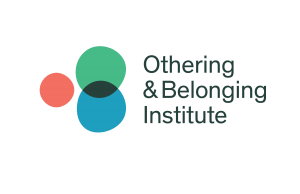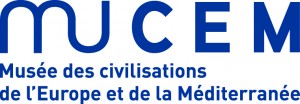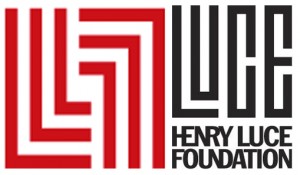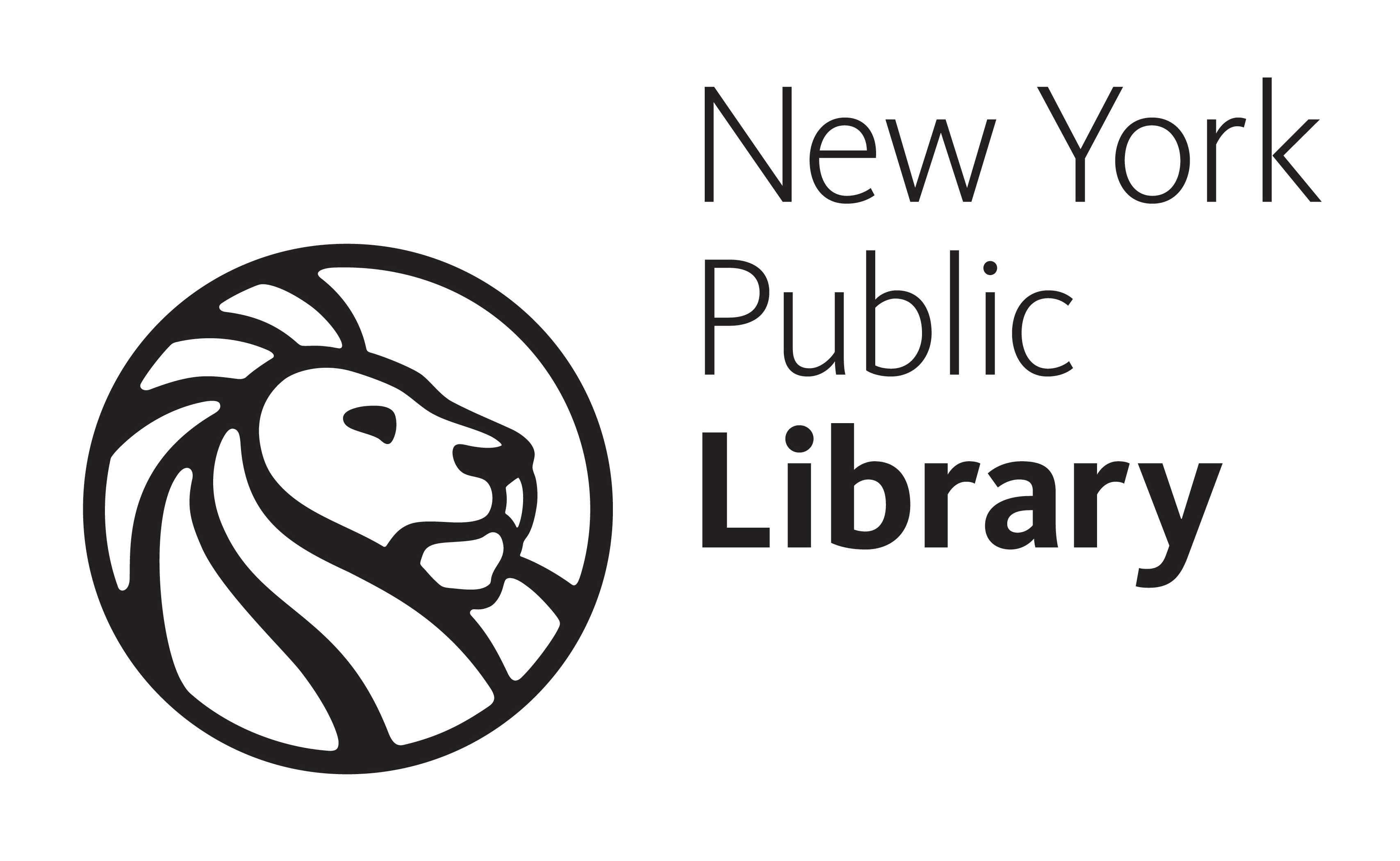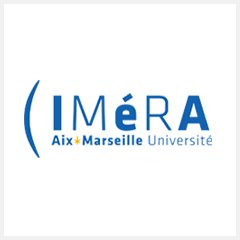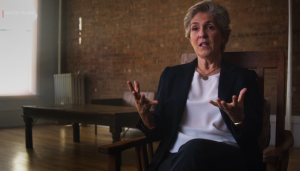
Institutional Links
Co-authors
- Sudipta Kaviraj, Columbia University
(Negotiating Democracy and Religious Pluralism: India, Pakistan, and Turkey (Oxford University Press, 2021) - Vatsal Naresh, Yale University
(Negotiating Democracy and Religious Pluralism: India, Pakistan, and Turkey (Oxford University Press, 2021) - Elazar Barkan, Columbia University
(Choreographies of Shared Sacred Sites: Religion, Politics, and Conflict Resolution (Columbia University Press, 2014) - Mark von Hagen, Arizona State University
(After Empire: Multiethnic Societies and Nation-Building: The Soviet Union and the Russian, Ottoman and Habsburg Empire (Westview, 1997) - Ira Katznelson, Columbia University
(Project on Jewish Expulsions in Medieval England and France) - George Gavrilis, Council on Foreign Relations
(“The Ottoman Millet System: Non-Territorial Autonomy and Its Contemporary Legacy” in Ethnopolitics) - Frederic Godart, Columbia University
(Project on extending the analogy of empire to the business world) - Yonca Köksal, Koç University
(Project on extending the network approach to the study of the state in historical sociology) - Murat Yüksel, Koç University
(Project on frontiers, comparative between empires and nation-states)
Talks & Invited Lectures
April 2021 — Graduate Theological Union, Surjit Singh Lecture, “Navigating Topographies of Belonging and Difference: Contemporary Shared Sacred Sites in the Mediterranean.”
“In light of the predominant narratives of religious hatreds, conflict, and the decline of religious pluralism throughout the world, the existence of shared sacred sites that bring different religions together act as prescient reminders of the possibilities presented by tolerance,” Dr. Barkey said. “This lecture focuses on shared sacred sites, places that are holy for members of multiple religious groups, and how the participants in these sites mediate, negotiate, and come to accept difference. Drawing upon three summers of ethnographic research, I will examine the stories people tell about belonging to a space, and the stories of sharing that become embedded within the local culture.”
January 2021—Center for Democracy, Toleration & Religion and ResetDOC, Toleration in Comparative Perspective, Panel Discussant for “Minorities, Pluralism, Law”
The Center for Democracy, Toleration and Religion is pleased to work in conjunction with Reset Dialogues on Civilizations to host the conference “Toleration in Comparative Perspective: Concepts, Practices, Documents” from January 19-23, 2021, over Zoom. The conference gathers scholars to talk about the ways in which religious toleration has been articulated and practiced in places and periods outside of modern “Western” history. Each day will feature a thematic panel — on spaces, philosophy, law, political theory and textual interpretation — that brings together speakers from across fields and disciplines. The conference will begin with a keynote address by Professor Denis Lacorne, of Sciences Po.
2020—Max Planck Institute for the Study of Religious and Ethnic Identity, Hagia Sophia’s Conversions: Reflections on the Political, Temporal, and Aesthetic Dimensions of Heritage, “Holy Wisdom and the Politics of the Unwise”
On July 10, 2020, Hagia Sophia once again became a mosque when the Turkish Council of State revoked its museum status, which had been granted in 1934 in an attempt to diffuse its imperial connotations and open the building to researchers. Two weeks later, despite the Covid-19 pandemic, tens of thousands of worshippers gathered to celebrate the opening with an initial Friday prayer. The reopening of Hagia Sophia as a mosque was the result of a long campaign, most recently led by Turkey’s ruling party, the AKP. When President Erdoğan called for the reconversion of Hagia Sophia as a “return to its origin” (aslına rücu), he initiated another recontextualization of the monument and the elevation of only one of its many histories.
Against this backdrop, our seminar will address three larger themes in relation to Hagia Sophia as a space and place, both today and in the past. First, we aim to unpack the tension between the anti-imperialist discourse that accompanied the museum’s reconversion, and the language and symbolism of (re)conquest that marked the reopening celebrations. Secondly, in light of proposals to share Ayasofya by opening it for prayer on the part of different communities on various Christian and Islamic holidays, we seek to understand Hagia Sophia in the wider context of shared sacred spaces. Third, we hope to sharpen our perspective on the dense relationship among space, aesthetics, and historicity that Hagia Sophia embodies, especially in relation to its intangible Byzantine heritage.
2017— Berkeley Lecture on Religious Tolerance at the Berkeley Center for the Study of Religion, “Living with Difference: Shared Religious Sanctuaries in the Ottoman Lands”
In this talk, I will discuss the sharing of sacred sanctuaries by the three great monotheistic religions across the Mediterranean, with particular examples from the history of the Ottoman Empire. At first sight, sharing the same sacred sites would seem impossible in a monotheistic world characterized by total submission to a single God. And yet in the Mediterranean world it is not unusual for followers of different religions to frequent the same shrines. In the past, and even today, numerous believers — Jews, Christians and Muslims — have prayed together in the holy places of another religion.
Shared sacred sites are religious sanctuaries where people from different and potentially antagonistic religious and ethnic backgrounds are able to live with difference, accommodate others’ religious needs, and publicly negotiate their otherness. The sharing provides key insights into characteristics and features crucial to the cultivation of tolerance and understanding.
I will traverse the territories of the Ottoman Empire to give examples of shared sites, discuss their origins and transformation over time, and describe the subtly negotiated nature of numerous practices that make for long periods of tolerance among religious groups. These examples will show how it is possible to accommodate to the other, even in a world riven by religious differences.
Interviews
July 2020 — “Making Sense of Hagia Sophia’s Conversion” with Reset DOC
Hagia Sophia, which means “divine wisdom” in Greek, has been subjected to many worldly yearnings of power and symbolism. There is no doubt that altering the status of the great church has always meant domination through control of its symbolism. President Erdogan frequently uses the Ottoman conquest and the right of the sword as part of his symbolic political vocabulary. However, there is a world of difference between the Ottoman conquest and transformation of the Church and Erdogan’s reversal of Ataturk’s decision.
Text editing and video production: Karen Barkey, Rachel Park
Video editing: Marco Lucidi
You can also find the video on the Reset DOC website here.
2020 — Netflix Series, Rise of Empires: Ottoman Interview
Karen Barkey was featured in two episodes, “Loose Lips Sink Ships” and “The New Sultan,” of the new Netflix series, Rise of Empires: Ottoman which follows Ottoman Sultan Mehmed II and the siege of Constantinople. The series can be streamed on Netflix here.
Fall 2016 — Othering & Belonging Institute Interview
Karen Barkey was interviewed by Sara Grossman of the Othering & Belonging Institute. You can read how her research interest in empires cultivated from her childhood and further directed her academic and professional career, culminating in her decision to join UC Berkeley in 2016 here.
Fall 2014 — On Tolerance
Karen Barkey traveled to Lyon, France to participate in a series of conversations with other thinkers, artists, and public figures as part of Villa Gillet’s Mode d’emploi — A Festival of Ideas. In conjunction with the event, Professor Barkey published an essay on toleration (French) and spoke to Forum French Culture about the idea in French, Hapsburg, Russian, and Ottoman history. Listen to the complete interview here. She also spoke to Radio France Internationale about “life in a plural society.” Listen to this interview here.
Fall 2014 — BBC Interview
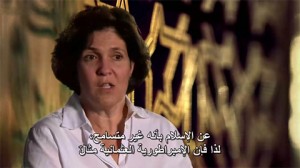
In the BBC’s three-part series, “The Ottomans,” Rageh Omaar examines the history of the Ottoman Empire. Karen Barkey was interviewed for the program.
“Religious extremism has given us this image of Islam as intolerant,” Barkey says. “So the Ottoman Empire is a very good example of tolerant Islam for a very long time. On the other hand, the end of the Ottoman Empire was horrendous — where massacres happened, where populations were eliminated.”
More information on the series, including a schedule of future showings, is available at bbc.co.uk.
Summer 2013 — Reset DOC Interview
Karen Barkey interviewed by Nina zu Fürstenberg for Reset DOC.
Transcript and more details here.
